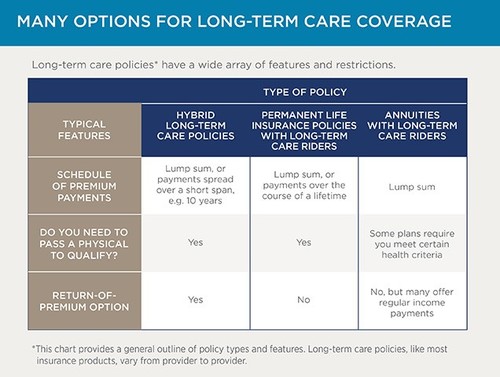
Although it can be hard to provide care for an elderly person in their own home, it is also rewarding. Older adults may not be asking for much but they are open to being heard and treated with respect. Caregivers must listen to and be reliable. Although the job can be challenging, working with elderly adults is an opportunity to give back to the community.
Data from the AARP
AARP recently released a survey that examines the needs and preferences of older adults looking for homecare. It was conducted online and via phone with 1,011 American adults over 50. Many respondents listed the importance of staying in their own homes as a top priority. However, it is important to note that while some homes are equipped for older people, many are not. These homes will need to be modified in order to be more accessible.
Costs
In-home elder care costs can vary depending on how much care is required and how frequently it is needed. In-home services are typically more costly than assisted living. Genworth Financial reports that an average cost for at-home healthcare is $24/hour, or $1950 per calendar month. In comparison, a full-time assisted living facility will cost about $4,500 per month.

Options
There are a number of options for elder homecare. The best option for your loved one will depend on their current situation and how adaptable your family is. You might consider homecare if your parent has Alzheimer's.
Case managers
Seniors in their own homes are assisted by case managers to help them plan the services that they need. They are trained to know what services are available in the community and will sort through all of the different options for services to meet the needs of your loved one. Some services include home care and day care as well as weatherization and home delivery of meals.
Companionship
Companionship for elder care is a service that provides companionship, support, and guidance for the elderly in their own homes. Companionship for elder homecare can alleviate loneliness and isolation and provide hope and encouragement. Typically, an elderly companion does not require a college degree. But it is important that you ask about their education and experience. Some companies will require a formal training program while others provide on-the-job training.
Preparation for meals
A variety of elder care services are available, including meal prep. Even though meal preparation can be time-consuming it allows elders to remain independent and get the nutrition they need. Caretakers can provide companionship, medication reminders, and assistance with meal preparation.

Transport
Many seniors can no longer drive, and they need extra help getting around. These seniors can benefit from elder homecare transportation services. They help older adults age in place and ease their stress by making it easier to get around.